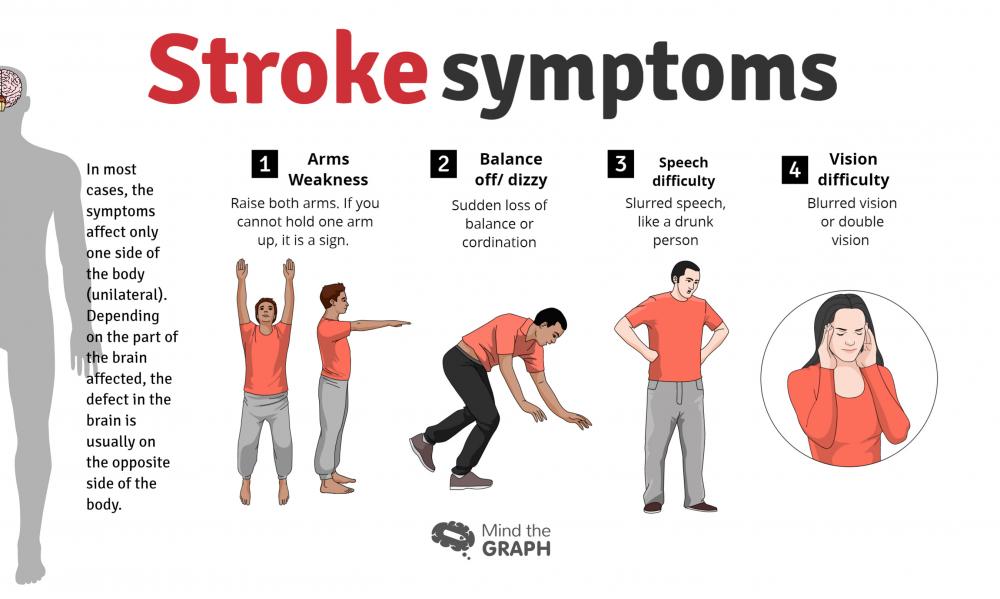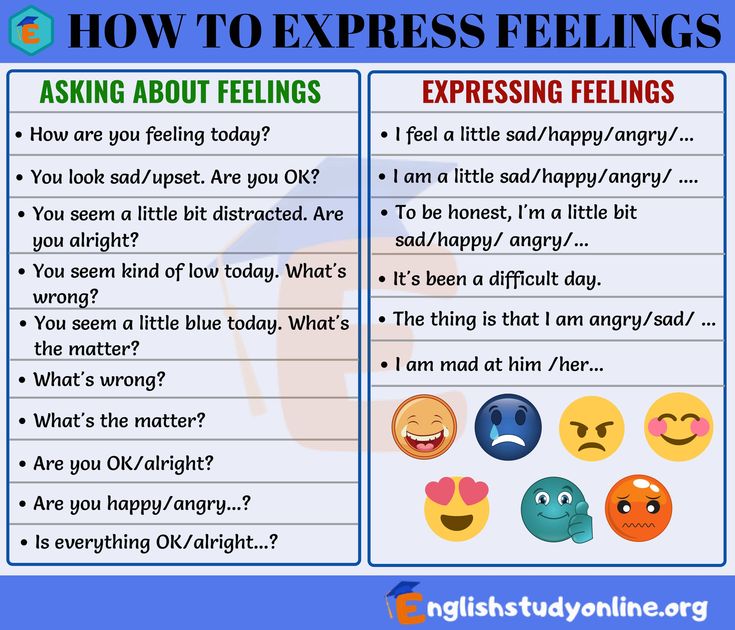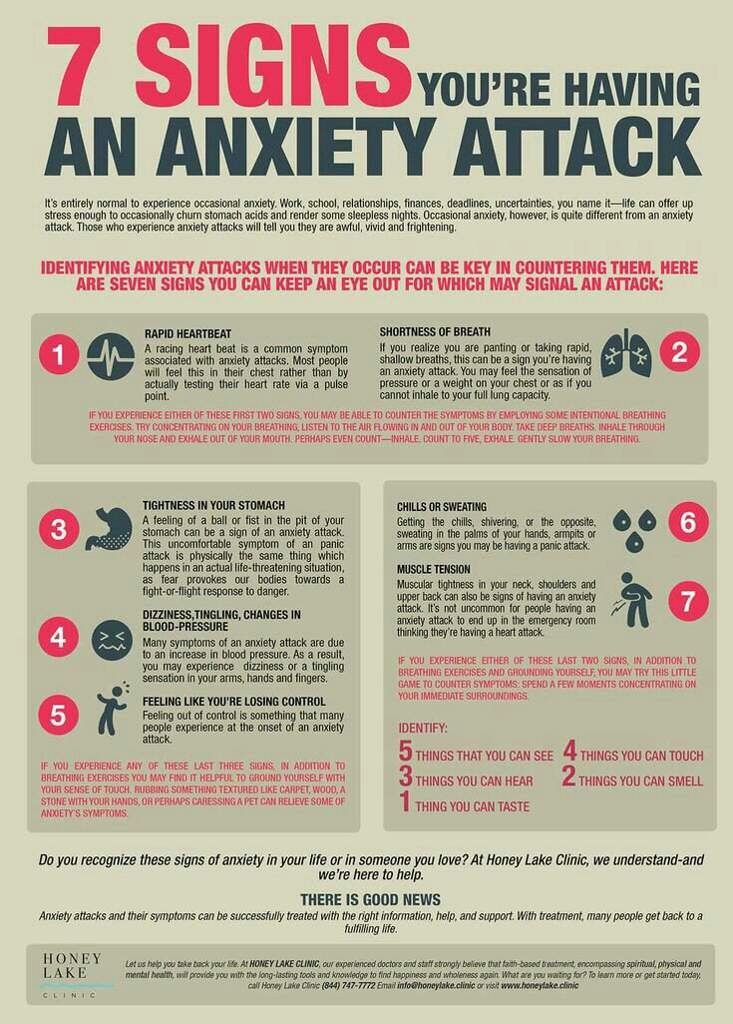Being peaceful with yourself
8 Things to Do If You Want to Be at Peace with Yourself
“He who lives in harmony with himself lives in harmony with the world.” ~Marcus Aurelius
How can I find peace of mind? It’s a question often asked, but rarely answered in a satisfying way.
Some say peace of mind lies in security. Some say it’s about de-cluttering and finding stillness and calm in life. Some say it’s about acceptance and letting go. I say it’s all about what you do.
Let me introduce myself. I’m an addict. An alcoholic since my teens, I lived most of my life on various edges.
At twenty-one, I was diagnosed with borderline personality disorder, as if being an alcoholic wasn’t bad enough. If you don’t know what BPD is, it is an unsettled and shifting sense of self, and it’s unbearably difficult to live with.
I possessed a fearful and fraught mind at the best of times. Both my addiction and my BPD led me to do some pretty crazy things. Crossing a drunk person with a personality disorder is not conducive to the sort of life you would wish on anyone.
I spent my twenties clambering out of one catastrophe and into another, doing some fairly disgraceful things—hiding, lying, hurting other people and myself. At least one hour a day was spent in absolute misery and penance, sorry for myself and for anyone who crossed my path of destruction.
But behind the carnage, I was a genuinely good-hearted person. All through my mental illnesses, I tried to make the best of it, to be a nice person. And there was no one more empathetic than me. If anyone else had a problem, I would drop everything to run to them.
But my mind was not somewhere you would want to take a fishing trip, let alone a whole vacation. Of all the people I hurt in my life, I hurt no one more than myself. I hurt myself by doing things that would make me feel guilt and shame later on.
When I finally got the right treatment and got sober, after a decade of madness, I heard people speak about serenity and finding peace of mind. In early recovery, it was still an utter mystery to me.
I saw a counselor who told me to give it time. I went to alcohol services—they told me to work a program. I listened to “spiritual folk” who told me to meditate.
No one seemed to be giving me practical answers about how to achieve something I had been searching for all along: peace and self-esteem.
But the answer was so simple. You create your state of mind by the things you do, and you cement that by the things you tell yourself.
As long as I behave with integrity every day, I can feel at peace with myself.
Things will always change. Life will sometimes be tough. People will say and do things that upset you. That’s just the nature of things.
As long as you hang onto your integrity, no matter what is happening in your world, you can go to bed with a clear conscience. And no matter how tough things get, you can still have that wonderful sense of peace within you.
But it takes some practice to really start to feel it, and to live with integrity at all times. Here are some tips to help you cultivate a sense of peace.
Here are some tips to help you cultivate a sense of peace.
1. Know your ideal self.
Make a list of all the good qualities you intend to cultivate. Are you going to be kinder, fairer, more tolerant, more magnanimous, more patient, more dignified? What are your responses to difficulties going to be? What principles do you wish to uphold?
2. Do the next right thing.
If you’ve been struggling with your emotional or mental state like I was, it may be difficult, at first, to act with integrity all the time. You may find yourself making mistakes and sometimes behaving in a less than ideal way. In order to build up a habit of sticking to your principles, just practice doing the “next right thing” all the time.
3. Let go of perfectionism.
I could have made my life a lot easier if I had validated the attempts I was making to do the right thing even when things were a struggle. Instead, I beat myself up and made myself feel worse because I was angry with myself for not living right. It’s all a journey. Allow yourself to be imperfect, and yet still make progress.
It’s all a journey. Allow yourself to be imperfect, and yet still make progress.
4. Make amends immediately.
If for some reason you end up treating someone unfairly or unkindly, or doing something dishonest or mean, make amends for it as soon as you can. Don’t wait. Correct your mistakes as soon as possible, and you can find peace of mind in the fact that you have improved upon your actions and done your part to relieve any ill feeling or guilt.
5. Practice patience.
Other people around you may not be living in the same way that you have chosen to. It doesn’t matter; they will have their conscience to live with at the end of the day, and you will have yours. Choose to respond in a way that will give you peace of mind. Take a deep breath before reacting to people who push your buttons.
6. Let your head and heart support you.
You won’t have a peaceful mind if you allow negativity to dominate your thinking. Try to understand others rather than judging them. Forgive others and you free yourself. Radiate compassion and be a good Samaritan. Not only will others benefit; you’ll also add to your own sense of self-esteem.
Forgive others and you free yourself. Radiate compassion and be a good Samaritan. Not only will others benefit; you’ll also add to your own sense of self-esteem.
7. Think long term.
It may be tempting to lose your rag when you’re feeling angry or frustrated. But think about how you will feel about yourself and your own actions later on. Will you be happy about your behavior? Will it lead to you feeling peace of mind? If not, don’t do it.
8. Validate yourself.
You will not get to feel that lovely sense of peace if you don’t take the time to fully acknowledge it. In difficult situations, look at what you did well. If you’ve been struggling, notice when you make progress. At the end of each day, summarize to yourself how you’ve acted well and kept your integrity.
What helps you feel at peace with yourself?
About Beth Burgess
Beth Burgess is a solution-focused therapist, coach and writer, specializing in addiction, anxiety disorders, stress, self-esteem and mental wellbeing.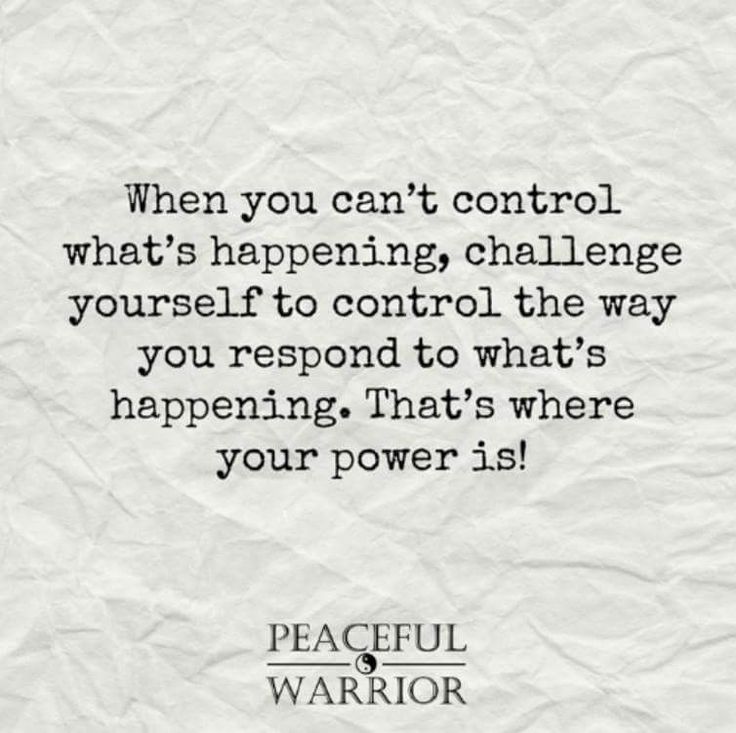 She is the author of The Recovery Formula and The Happy Addict. Visit http://www.smyls.co.uk for videos, articles, and help to overcome your issues and find happiness.
She is the author of The Recovery Formula and The Happy Addict. Visit http://www.smyls.co.uk for videos, articles, and help to overcome your issues and find happiness.
See a typo or inaccuracy? Please contact us so we can fix it!
17 Simple Ways to Make Peace With Yourself
Do you ever feel like you’re your own worst enemy? If so, you’re not alone. Most people have a love-hate relationship with themselves.
On the one hand, they know they can be their own best friend. They know that they can depend on themselves to get things done and to be there for themselves when they need it.
On the other hand, many people find it difficult to forgive themselves for their mistakes, accept compliments gracefully, or be kind and gentle with themselves when they’re feeling down.
If this describes you, don’t worry – there are ways to make peace with yourself! In this blog post, we will discuss 17 simple ways that will help you learn how to love yourself and become your own best friend.
Self-acceptance is one of the most important things you can do for yourself. When you’re at peace with who you are, it’s easier to make positive changes in your life. You’re also more likely to be happy and content, which is something we all want!
Making peace with yourself is also important for your mental health. When you’re at war with yourself, it’s difficult to be happy or content. You may feel anxious, stressed, or depressed.
1. Start by forgiving yourself for your mistakes.Nobody is perfect, and we all make mistakes from time to time. Accept that you’re human, and forgive yourself for the things you’ve done wrong in the past. This will help you move on and live more happily in the present.
2. Compliment yourself every day.When you wake up in the morning, give yourself a compliment. Tell yourself that you’re doing a great job, that you look beautiful, or that you’re smart and capable.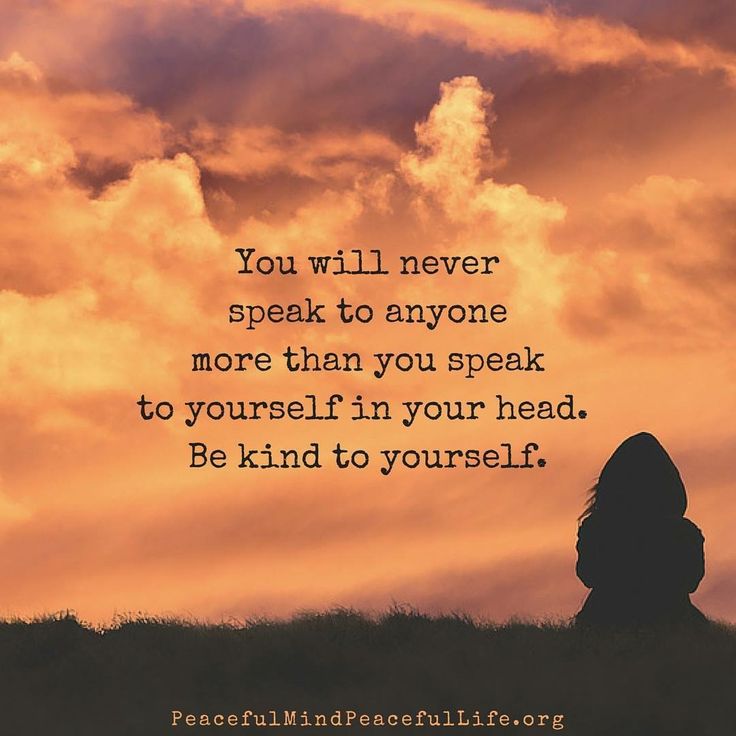 This will help to reinforce positive thoughts about yourself and increase your self-confidence.
This will help to reinforce positive thoughts about yourself and increase your self-confidence.
When you’re feeling down, it’s important to be kind and compassionate toward yourself. Don’t criticize yourself or beat yourself up – simply tell yourself that it’s okay to feel this way and that you will get through it.
4. Give yourself time to relax and recharge.Everyone needs time to relax and rejuvenate, so don’t feel guilty about taking some time for yourself. Whether you want to take a bath, read a book, or go for a walk in the park, make sure that you schedule some “you” time into your day.
5. Accept compliments gracefully.Learn to accept compliments gracefully. When someone tells you that you’ve done a good job or looks nice, don’t dismiss their compliment. Acknowledge it and say “thank you”.
6. Do something that makes you happy.
Find an activity or hobby that brings you joy, and make time for it in your schedule. This will help you to feel good about yourself and increase your happiness levels.
7. Be proud of who you are.It is so important to be proud of who you are. Embrace your quirks and flaws, and love yourself for all that you are. When you learn to love yourself, life becomes a lot more enjoyable!
8. Love and accept your body.Your body is amazing, and you should be proud of it! Love your curves, love your imperfections, and love yourself for all that your body represents. When you learn to appreciate your body, you will also find that it becomes a lot easier to maintain healthy habits.
9. Make time for self-care.Self-care is essential for maintaining a positive attitude towards life and yourself. Make sure that you take time out for yourself every day, whether it’s through exercise, meditation, or simply taking a break from work to relax.
Comparing yourself to others is a waste of time and energy. Everyone is different, and that’s what makes the world so interesting! Focus on being the best version of yourself, and don’t worry about what everyone else is doing.
11. Take care of your mental health.Mental health is just as important as physical health, so don’t neglect it! If you’re feeling down or struggling with anxiety or depression, seek professional help. There is no shame in admitting that you need assistance, and getting help will only make you stronger.
12. Appreciate and love yourself just the way you are.You’re unique and special, so don’t try to be like anyone else. Accept yourself for who you are, and be proud of the person that you have become. When you learn to love and accept yourself, life becomes a lot more beautiful.
13. Be patient with yourself.It takes time to learn how to love ourselves, so don’t expect results overnight. Be patient and consistent with the things you do to boost your self-esteem, and eventually, you will see progress.
Be patient and consistent with the things you do to boost your self-esteem, and eventually, you will see progress.
When you’re feeling down, be gentle and understanding with yourself. Don’t criticize or beat yourself up – simply accept how you’re feeling and move on. This will help you to feel better in the long run.
15. Make a list of your positive qualities.Make a list of all the things you like about yourself, and refer to it when you’re feeling down. When you focus on the good things, it becomes a lot easier to love yourself! This will also help you to become more confident in yourself.
16. Surround yourself with positive people.When you’re around positive people, it becomes a lot easier to feel good about yourself. Make sure that you surround yourself in a circle of friends and family members who love and support you, and avoid negative people who will only bring you down.
Journaling is a great way to document your progress and track your thoughts and feelings. When you can see how far you’ve come, it becomes a lot easier to maintain positive momentum.
Final ThoughtsThese are just a few ways that can help you make peace with yourself. If you find it difficult to love and accept yourself, don’t worry – practice makes perfect! Start by incorporating some of these tips into your daily routine, and see how you feel. With time and patience, you will gradually learn how to love yourself and become your own best friend.
How civilians behave during armed conflicts
The list of the main mistakes of civilians during armed conflicts for Gazeta.Ru was compiled by Lieutenant Colonel of the reserve, member of the Alfa anti-terror group association, President of the Alfa-Cynology Foundation Andrey Popov. These 10 rules are best not to break if you are in a war zone, come under shelling, cross the border in a war zone, or work as a journalist there.
1. Do not wear military clothing
You may not wear anything in camouflage. If you think these greenish clothes will make you less visible in the grass or under the trees, the opposite is true. Under no circumstances should you be mistaken for the military. Any soldier or person in camouflage is the main target in the war.
2. Do not wear expensive, bright things
Putting on the most expensive thing in the wardrobe, you can take it away with you, but endanger yourself. Marauders and robbers during hostilities primarily pay attention to expensive equipment, clothing, and jewelry. Try not to attract their attention once again: it is not known what is more precious to them - your life or your ring.
3. Do not hide under a tall building to avoid bullets.
These buildings are visible and can be a target for shooting. It is advisable to avoid economically attractive places for raiders: gas stations, grocery warehouses, shopping centers. All these buildings are often the second target for shelling after military facilities. It is better to hide in the greenery, it is poorly visible to snipers.
It is better to hide in the greenery, it is poorly visible to snipers.
4. Do not take multiple bags
Luggage should not weigh more than 10 kg per person, it is better for children and the elderly to take even less things. Bulky things make it very difficult to move and again attract the attention of a looter, and will also become an additional flickering object for a sniper.
The most important thing that should be in the luggage is a first aid kit, the necessary set of medicines, drugs that help stop bleeding (tourniquet), and painkillers. For example, in the case of the death of Channel One operator Anatoly Klyan, prompt first aid could have saved his life.
In addition, you should always keep an “alarm backpack” at the exit: it should contain a pack of sugar, black tea, a spoon, a fork, a knife (it is better to take a folding one so that the border guards do not confiscate it from you as a melee weapon), matches and a bottle vodka (primarily for disinfection, in extreme cases as an anesthetic if nothing else is at hand), 1.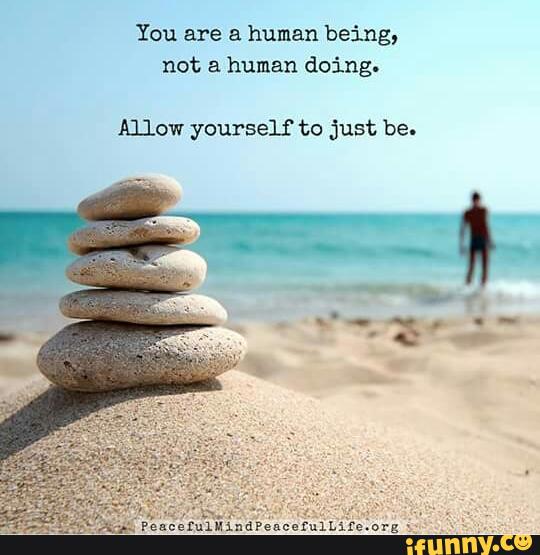 5 liters of water, a warm blanket and drying (they are cheap and stored for a long time).
5 liters of water, a warm blanket and drying (they are cheap and stored for a long time).
If you are going with a rucksack, wrap it in a white sheet so that it is clear from a distance that it is not a weapon. Hands should always be visible, do not hide them in your pockets so that once again no one thinks that you are hiding a weapon.
5. Don't go without documents
Some people think that one of the warring parties might not like something in the documents, so they simply do not take their passport or driver's license with them. In fact, the lack of documents raises much more questions than any marks in the passport.
In addition to documents, it is important to carry either a badge with the number of the blood type, or, if this is not possible, write the blood type in your passport on any page - this will significantly increase the chances of salvation if you get injured. Children also need to hang some kind of "amulet" on their wrist or neck with the designation of the blood type.
6. Do not run from the military
You must follow the orders of any people in camouflage uniforms, even if you do not understand what kind of troops they are. For the simple reason that they are armed. Do not argue, the military may consider you provocateurs, intelligence officers, anyone. Make it clear that you are not a participant in hostilities from any side, you are a civilian. Immediately, it would not be superfluous to show all the documents, including the rights to real estate, for example, in order to finally dispel all doubts.
7. Do not cross the border and do not drive through the territory in jeeps, trucks or minibuses
First, according to the rules of war, all such funds are confiscated. Get ready for it. If it's your personal Jeep, or Hummer, or other large car, it will most likely be confiscated at the first checkpoint, no matter which side. The difference will be in the form of appeal: they will take it away from you harshly or ask for it in the interests of the motherland.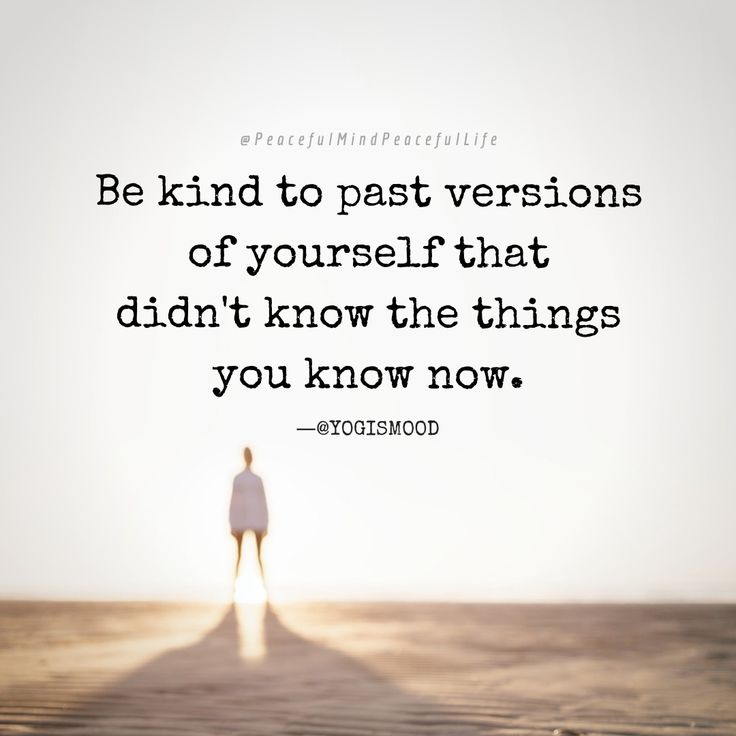 If there is an identification mark on the transport: a white flag, for example, a sign that there are children in the car, any symbolism, such as the logo of any musical group, then all this can be misinterpreted by armed people. A simple sticker can be mistaken for the logo of a group, party, underground organization. Don't take risks.
If there is an identification mark on the transport: a white flag, for example, a sign that there are children in the car, any symbolism, such as the logo of any musical group, then all this can be misinterpreted by armed people. A simple sticker can be mistaken for the logo of a group, party, underground organization. Don't take risks.
8. Don't travel at night
Some people hope that it will be easier to cross the border or get to their destination at night. This is not so: at night they shoot at everyone indiscriminately. Any suspicious noise can be mistaken for enemy actions and open fire to kill.
9. Do not shy away from contacts with other people who surround you
Mutual assistance is an obligatory phenomenon in war. It is better to know everything about your random fellow traveler, or at least the most necessary: blood type. It would not be superfluous to say the same to your fellow traveler or partner, knowing the minimum information about you (pressure, drug allergy) will greatly help doctors in an emergency.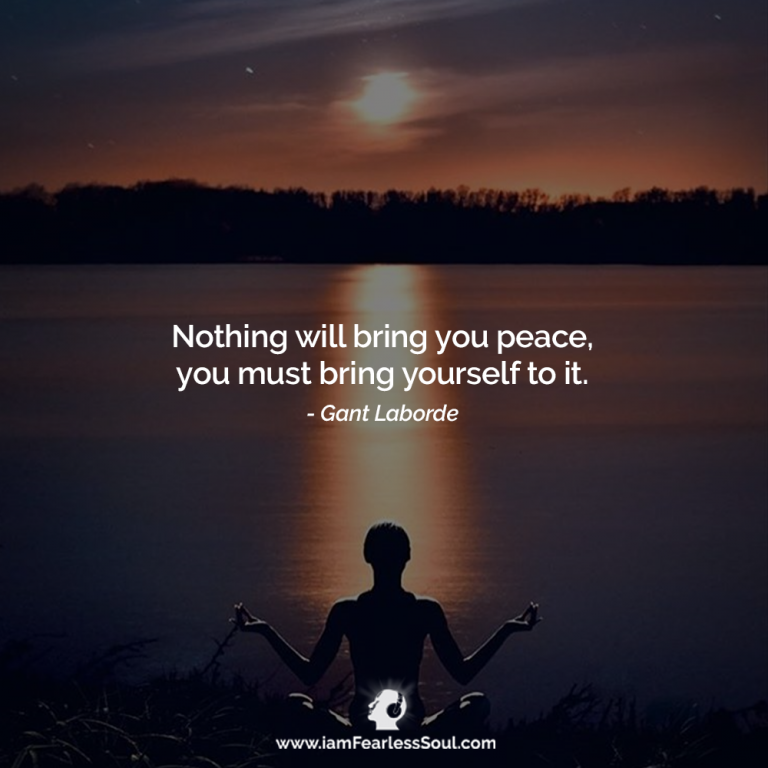 This is especially true for journalists - they are required tokens. Moreover, a couple almost always leaves - a correspondent and a cameraman / photographer, they must know each other's blood type, each must have a first aid kit, they must be able to provide it.
This is especially true for journalists - they are required tokens. Moreover, a couple almost always leaves - a correspondent and a cameraman / photographer, they must know each other's blood type, each must have a first aid kit, they must be able to provide it.
10. Do not neglect the knowledge of the language
It is imperative to know the minimum set of phrases in the language of any of your opponents. For example, how to say "I am a civilian/journalist, I have no weapons." This can save lives in some cases, especially if you speak a language of a different language group: the military will not even be able to understand whether you threaten them or come in peace.
Alternative civil service - Official website of the Administration of St. Petersburg
Alternative civil service (hereinafter - ACS) in the Russian Federation is a special type of labor activity
in the interests of society and the state, carried out by citizens instead of military service.
The right to conscientious objection to military service — universally recognized at the international level, enshrined in the Constitution of Russia and the Federal Law "On Alternative Civil Service", is an inalienable right of every citizen of Russia.
A citizen may choose an ACS if:
- military service is contrary to his beliefs or religion.
- he belongs to the indigenous people, leads a traditional way of life, carries out traditional management and is engaged in traditional crafts.
If believers can refuse to serve in the Armed Forces, justifying this with their religion, then other citizens have the right to declare not about faith,
but about beliefs incompatible with military service. Beliefs can be peacemaking, philosophical, moral and ethical, political, legal, or have a complementary, complex content. Right to pass AGS instead of the Armed Forces, not only a believer who rejects military service for himself (whatever denomination he belongs to) has, but also any citizen who is subject to conscription and has no grounds for release or deferment if he wishes to defend the Fatherland not in military uniform but by peaceful labor.
The term of the ACS is 21 months (including two holidays), and for those who hold it in civilian positions in military organizations (construction departments of Spetsstroy, factories) - 18 months, also with two holidays.
ACS - ordinary labor activity in accordance with the Labor Code, but with some peculiarities.
In particular, an alternative employee is not entitled, on his own initiative, to terminate an employment contract, participate in strikes, or work part-time in other organizations. An alternative employee, unlike a soldier, has the right to education - by correspondence or evening form. Currently, alternative employees work as orderlies in hospitals, dispensaries
and boarding houses, builders, workers in factories, foresters, librarians, archivists, workers in circuses and theaters, postmen, weather station attendants, fire brigades.
Citizens are sent to the ACS according to the law, as a rule, according to the extraterritorial principle. But the lack of hostels in most organizations has led to the fact that up to 60% pass the ACS at the place of permanent residence. When serving in another locality, an alternative employee is provided with a hostel free of charge. The place of passage of the ACS is determined by the Federal Service for Labor and Employment (Rostrud), guided by the annually approved lists of professions, positions and organizations. The list includes only state organizations of federal or regional subordination. When choosing a place of service, education, specialty, work experience, medical contraindications, marital status are taken into account.
But the lack of hostels in most organizations has led to the fact that up to 60% pass the ACS at the place of permanent residence. When serving in another locality, an alternative employee is provided with a hostel free of charge. The place of passage of the ACS is determined by the Federal Service for Labor and Employment (Rostrud), guided by the annually approved lists of professions, positions and organizations. The list includes only state organizations of federal or regional subordination. When choosing a place of service, education, specialty, work experience, medical contraindications, marital status are taken into account.
An application for the replacement of military service by conscription with alternative service is submitted by a citizen to the department of the military registration and enlistment office of the constituent entity of the federation at the place of military registration no later than six months before the start of the conscription during which the applicant must be called up for military service (that is, subject to conscription in the autumn conscription apply before April 1, and those called up in the spring of next year - before October 1).
Those who prematurely, after the expiration of the specified period, terminated the deferment (for example, due to expulsion from the university), have the right to submit an application within 10 days from the date of termination of the basis for the deferral.
Compliance with the statutory deadlines for submitting an application is very important, since most of the refusals made by the draft boards in previous years were motivated by late submission of the application. However, you can safely file an application to appeal the decision to the court, since this paragraph of the law on the ACS violates constitutional rights, in particular Art. 59 of the Constitution of Russia. In addition, the draft board has the right to recognize the reasons for the violation of the deadline as valid and make a positive decision.
The application must be accepted by the military registration and enlistment office and submitted to the draft board in any case, even if it is submitted later than the deadline. The decision to deny the right to ACS, including on the basis of a violation of the deadline and (or) procedure for filing an application, is authorized to be taken only by the draft board.
The decision to deny the right to ACS, including on the basis of a violation of the deadline and (or) procedure for filing an application, is authorized to be taken only by the draft board.
The decision of the draft board to deny the right to ACS can be appealed in court.
Applications are reviewed during the call preceding the one in which the applicant is due to be called. If the conscription time is in the fall, then the application should be considered in the spring conscription.
In the application, the citizen must justify his choice, indicating the reasons and circumstances that prompted him to apply for the replacement of the military service of the ACS (Article 11 of the Federal Law on the ACS). The draft commission has the right to refuse a citizen if the documents and other data characterizing him do not really correspond to his arguments that military service is contrary to his beliefs or religion. The decision to refuse must be motivated, that is, based on the facts established by the commission and refuting the arguments of the citizen (Article 12 of the Federal Law on ACS).
